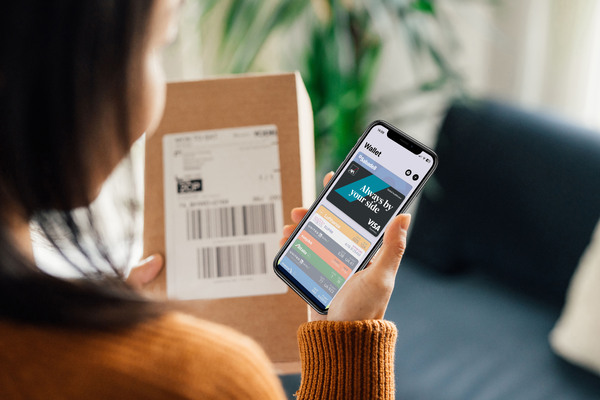Small but mighty: how UK SMEs continue to go global
Sponsored by DHL
The early stages of the Covid-19 pandemic gave us a rare insight into the creative ways in which businesses adapted to the pressures, and saw plenty of examples of positive disruption that reshaped the way we do business. Small businesses in particular showed huge dynamism in facing the challenges. In fact, over the last two years, despite the challenges of Brexit, we’ve seen exports from UK SMEs grow. For other businesses considering spreading their wings, there are a few lessons worth considering…
Consider how global markets have changed in response to Covid-19
In the UK a lot of attention has been given to the decline of the High Street, and the impact that had on pushing businesses to develop their domestic e-commerce offerings. For businesses looking to grow their exports in 2022, it’s equally important to consider how shopping habits have changed across the world. For example, retail culture in the Middle East was heavily centered on shopping malls, while e-commerce was far less mature than in some other markets. But the closure of malls in locations such as Dubai meant that e-commerce suddenly grew dramatically. This creates an opportunity for UK businesses, where previously a physical presence in the Middle East would have been cost prohibitive.
Likewise, there are certain goods that we might not have contemplated buying online two years ago, such as wallpaper or certain health and wellbeing products. But Covid-19 has forced a change in behaviour, and as a result created a totally new route to market.
Keep an open mind about which markets to target
Adapting to trading outside of the single market has brought its challenges, but this experience has prepared businesses that were previously only trading with the EU for trade with the broadest possible range of markets. While trading with countries such as India might have seemed daunting before, businesses should have the confidence that their experiences over the past 12 months have equipped them with the skills and knowledge to navigate different customs requirements. Working with an expert partner such as DHL Express can provide an additional layer of advice to manage the individual requirements of each new market, as well as insight into which markets offer the richest opportunities.
Spread your risk with a presence in more than one country
If businesses have learned one thing from the pandemic, it’s to be prepared for change and challenges. To manage any risks associated with overseas trade, it’s sensible not to put all your eggs in one basket. The more markets a business is operating in, the smaller the ups and downs will seem – for example, when exchange rates or economic outlooks differ for a particular country. For smaller SMEs it’s worth considering selling internationally via a marketplace to begin with. Doing so gives access to many markets as well as the protection of upfront payments. As a business grows and gains knowledge and confidence with international trade, launching their own e-commerce site won’t seem so daunting.
Make your commitment to sustainability clear
Finally, as sustainability continues to be high on the agenda for consumers, being clear not just about your ambitions but also your actions will be key to growing and retaining the customer base. Research shows that 88 per cent of customers are more likely to be loyal to a company which supports environmental issues[1], and 74 per cent of customers say a company’s sustainability practices matter more than they did a year ago[2]. With this in mind, there is an opportunity for businesses to offer more sustainable shipping options, such as DHL’s Go Green service.
Selling internationally is a major opportunity for growth, but SMEs shouldn’t try to do it all or do it alone. It’s important to take a step back and get expert advice to supplement your own knowledge. At DHL Express, we support our customers every day in preparing shipping documentation and clearing goods through customs, as well as providing tools to calculate duty and tax prior to moving goods across borders. We also guide customers on how to increase their international customer base by following the recommendations in our e-commerce and sustainability health checks. This all gives businesses the knowledge, control and opportunities to be successful internationally.
By Ian Wilson, Chief Executive Officer UK&I, DHL Express
[1] Cone
[2] Salesforce, 2019

Business Reporter Team
Most Viewed
Winston House, 3rd Floor, Units 306-309, 2-4 Dollis Park, London, N3 1HF
23-29 Hendon Lane, London, N3 1RT
020 8349 4363
© 2024, Lyonsdown Limited. Business Reporter® is a registered trademark of Lyonsdown Ltd. VAT registration number: 830519543





